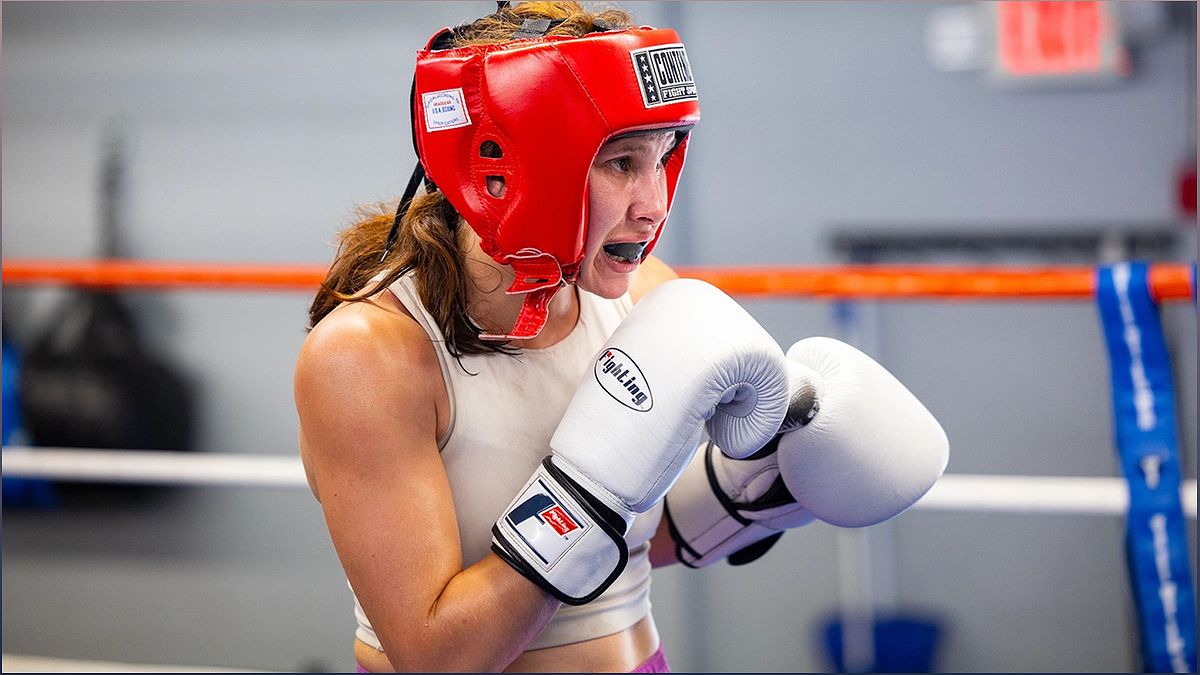Join Hannah Doyle, a neuroscience Ph.D. student and competitive boxer, as she delves into the intricate world of sequencing in the brain. Through her research, Hannah aims to unravel the mysteries of cognitive disorders by studying how the brain processes combinations. Discover her fascinating journey as she connects her passion for boxing with her scientific pursuits, and learn how she is paving the way for future treatments focused on sequences.
The Fascination with Boxing and Cognitive Disorders
Explore the intriguing connection between boxing and cognitive disorders, as Hannah Doyle, a neuroscience Ph.D. student and competitive boxer, delves into the world of sequencing in the brain.
Boxing and cognitive disorders may seem like an unlikely pair, but for Hannah Doyle, they are deeply intertwined. As a neuroscience Ph.D. student and competitive boxer, she has discovered a fascinating link between the two.
In her research, Hannah explores how the brain processes combinations, specifically focusing on the choreographed sequences of boxing. She believes that understanding these sequences can provide valuable insights into cognitive disorders.
By studying the brain's ability to process and execute complex movements, Hannah hopes to shed light on the underlying mechanisms of cognitive control and sequential processing. Her findings could pave the way for future treatments and interventions targeted at improving cognitive function.
The Role of Motor Sequences in Boxing and Research
In her boxing training, Hannah focuses on mastering motor sequences to improve her technique and develop muscle memory. By practicing these sequences, she hones her ability to execute precise combinations of moves.
Interestingly, this aspect of her training aligns with her research on cognitive disorders. Hannah investigates how individuals with conditions like obsessive-compulsive disorder (OCD) process sequences in their brains.
Through her research, Hannah asks participants with OCD to perform sequential cognitive tasks while undergoing functional magnetic resonance imaging (fMRI). This allows her to measure changes in blood flow and analyze neural activity, providing valuable insights into the brain's processing of sequences.
The Intersection of Neuroscience and Boxing at Brown University
Hannah's decision to pursue her neuroscience studies at Brown University was driven by the university's renowned program and supportive environment. She found the perfect balance between academic rigor and personal growth.
Not only does Hannah excel in her academic pursuits, but she also actively participates in the boxing community at Brown. She co-organized the Brown Brain Fair and is involved in organizing a conference on women in neuroscience.
Despite the inherent risks associated with boxing, Hannah values the mental health benefits it provides. She considers herself fortunate to have never experienced a boxing-related head injury and emphasizes the importance of proper training and safety precautions.
Unveiling the Potential of Sequencing Research
Hannah's research on sequencing in the brain holds immense promise for the future. By understanding how the brain processes and executes sequences, researchers can develop targeted interventions and treatments for cognitive disorders.
Her findings may not only benefit individuals with conditions like OCD but also contribute to a deeper understanding of cognitive control mechanisms and sequential processing in general.
As the field of neuroscience continues to advance, Hannah's work serves as a stepping stone towards unlocking the mysteries of the brain and improving the lives of those affected by cognitive disorders.

